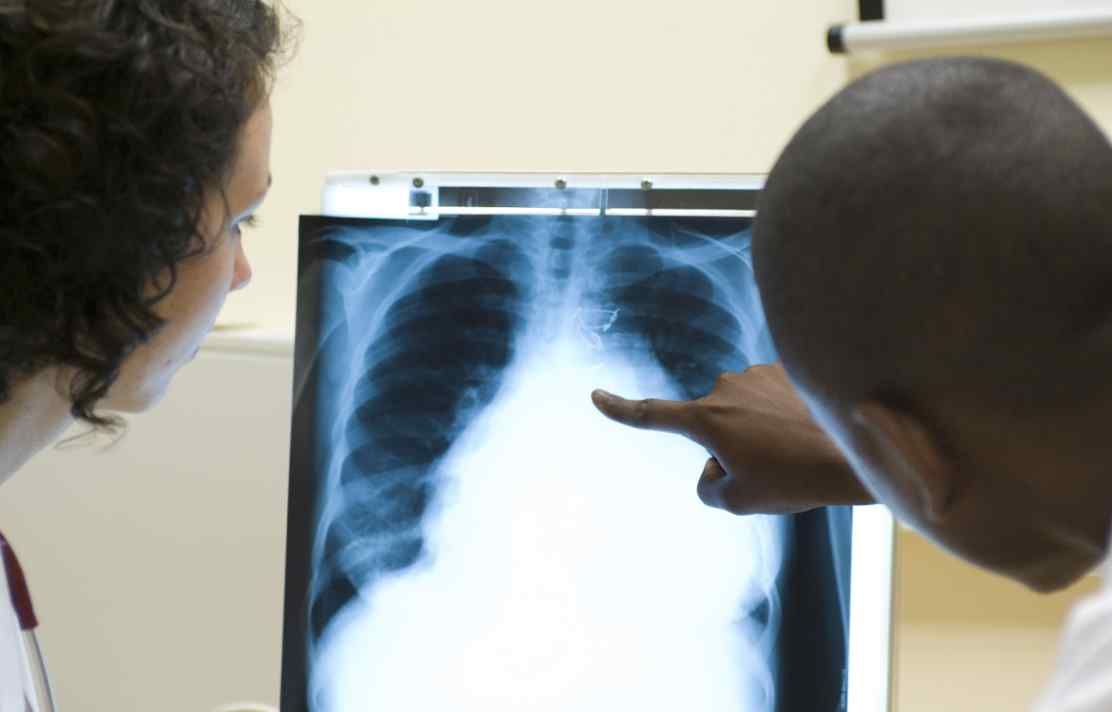- Imperial College Lead: Prof Peter Openshaw
- UKHSA Lead: Prof Maria Zambon
Respiratory syncytial virus (RSV)-associated acute lower respiratory infection is the single commonest cause for hospitalization of young children in England and is increasingly recognised as a cause of death in frail elderly adults. Rapid progress is being made in developing RSV vaccines, antivirals and long-half-life monoclonal antibodies. The most likely product to gain licensure in the UK market within the next 3-5 years is an engineered monoclonal antibody targeting the RSV F protein; these new prophylactic antibodies will likely be given to many children.
With the expectation that novel agents will be brought into use in 2020-2025, there is a pressing need to provide relevant evidence to inform control policies on the virus and to chart the emergence of resistant strains. WHO has established a pilot global surveillance programme for RSV in 22 countries, nominating UKHSA as a new global RSV reference laboratory. This theme addresses the development of laboratory and sampling tools to track RSV’s evolution and host responses in readiness to monitor the public health impact of these new interventions, their effect on viral evolution and host responses. This will help UKHSA fulfil its new role as global RSV reference laboratory.
Additionally, The COVID-19 pandemic presents opportunities to study viral strain variation in low transmission settings and the effects of SARS-CoV-2 co-infection.
Specific projects:
- Tracking viral evolution in response to interventions
To establish the extent of genotypic and phenotypic natural variation in RSV F and G, we will characterise RSV isolates collected from 9 sentinel hospitals throughout England between 2020-2025. This is part of a national virological and epidemiological surveillance scheme being developed by UKHSA under the umbrella of Phase 2 of a global WHO RSV project. It builds on a project from our existing HPRU. Approximately 500 RSV-containing clinical samples from hospitalised individuals will be made available to UKHSA for detailed virological analysis.
We are carrying out the following objectives:
- Sequence 200-300 RSV genomes per year to establish genetic variation and potential association with disease severity (extending our existing HPRU work).
- Examine genetic variation in the regions targeted by new products, establishing baseline variation in these areas and monitoring the effects of novel agents and policy change on the RSV genome.
- To assess the use of novel nasal wicking devices in RSV disease
We test Synthetic Adsorptive Matrix (SAM) Strips, which can be self-sampled at home, for the recovery of respiratory viruses and mucosal fluids from the noses of children and adults. This builds on novel sampling methodology development by Dr Ryan Thwaites and Professors Hansel and Openshaw at Imperial College London. Samples obtained from children and their parents will be used for virus detection and for the measurement of mucosal antibody using a multiplex assay developed as part of the RESCEU consortium and licensed to this project. These assays measure antibody to RSV pre-fusion and post-fusion F, to Ga, Gb and to N on a single small-volume sample.
- To assess impact of genetic changes in RSV on viral fitness
This project provides a framework to investigate the biological consequences of changes in RSV following novel interventions, identifying mutational hotspots to monitor in the future.
_____________________________________________________________________________________________________________________
How is this theme relevant to Public Health England’s objectives?
Given UKHSAs role as WHO Global Reference Centre for RSV and the imminent licensure of new RSV treatments and vaccines, our research aims to develop a toolkit to enable UKHSA to monitor the impact of new interventions on viral evolution, host immunity and RSV prevalence in vulnerable populations, especially children and the elderly. The nasal-sampling device could enable parent-administered home-based detection and monitoring of a range of respiratory viruses in young children, which would be a major advance for respiratory virus surveillance.

Important links
General enquiries
NIHR HPRU in Respiratory Infections
Room 251/252
Medical School Building
Imperial College London
St Mary’s Campus
Norfolk Place
London, W2 1PG